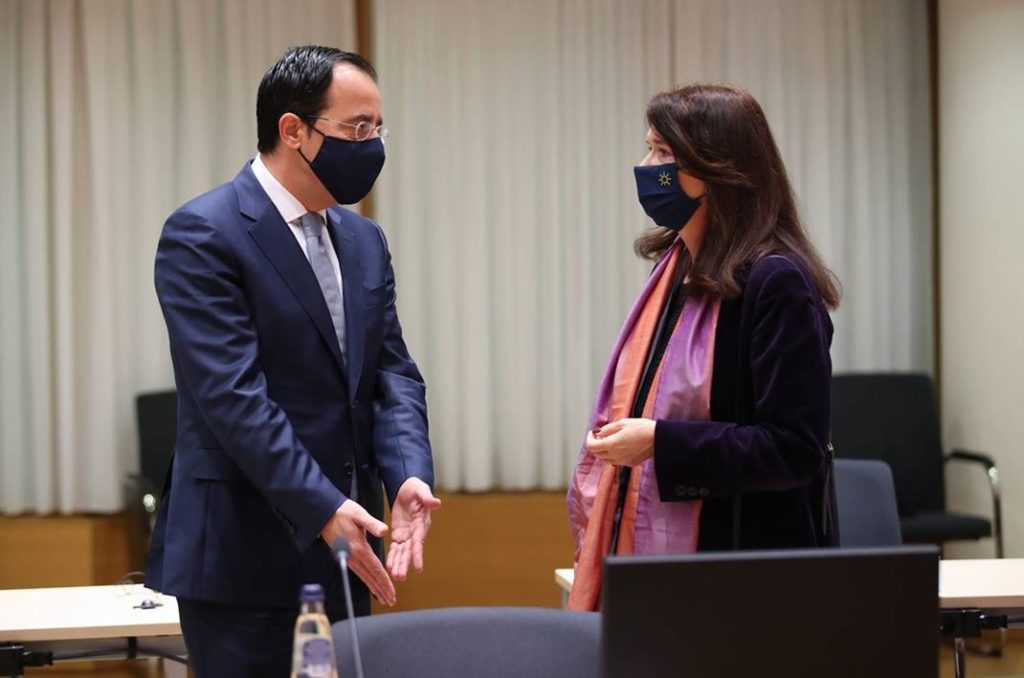The Foreign Affairs Council decided on Monday to impose restrictive measures on eleven individuals and four entities responsible for serious human rights violations and abuses in China, North Korea, Libya, Russia, South Sudan and Eritrea.
The decision on sanctions follows the adoption last December of a global human rights sanctions regime which allows EU to target individuals, entities and bodies – including state and non-state actors – responsible for, involved in or associated with serious human rights violations and abuses worldwide, no matter where they occurred.
Two weeks ago, the EU adopted sanctions linked to the Navalny case in Russia. The violations targeted in the new decision include the large-scale arbitrary detentions of, in particular, Uyghurs in Xinjiang in China, repression in North Korea, extrajudicial killings and enforced disappearances in Libya, torture and repression against LGBTI persons and political opponents in Chechnya in Russia, and torture, extrajudicial, summary or arbitrary executions and killings in South Sudan and Eritrea.
Under the EU Global Human Rights Sanctions Regime, the listed individuals and entities are subject to an asset freeze in the EU. In addition, listed individuals are subject to a travel ban to the EU. Moreover, persons and entities in the EU are prohibited from making funds available, either directly or indirectly, to those listed.
China has already reacted with its own sanction against among others European members of parliaments.
“We were made aware during the meeting that China has retaliated to those sanctions, EU foreign policy chief Josep Borrell said at the press conference (22 March). “Rather than change its policies and address our legitimate concerns, China has again turned a blind eye. These measures are regrettable and unacceptable.”
The council also discussed EU-Turkey relations, described by Borrell as the most important issue because it is going to be considered at the next European Union Council on Thursday.
No sanctions were imposed against Turkey. Borrell referred to a Commission report which recognises that, “since last December we have seen some signals in the right direction from the Turkish leadership and steps towards de-escalation in the Eastern Mediterranean. Drilling and exploratory vessels were withdrawn from the Cypriot exclusive economic zone, rhetoric has toned down and Turkish authorities have expressed their interest in a strong relationship with the European Union.”
At the same time, the domestic situation in Turkey remains of serious concern, according to Borrell, but we “agreed with the (foreign) Ministers that it is important to continue encouraging positive developments. At the same time, there was a broad agreement that it is important to keep all options on the table in case required.”
Asked about the talks in April on the Cyprus issue and whether Turkey will accept EU as an observer in them, Borrell confirmed that EU will talk about Cyprus but declined to enter any details.
Borrell was also critical against the situation in Lebanon and did not exclude putting political pressure on officials there. “Lebanon is falling apart. Economically speaking the crisis is gigantic, the financial situation is deteriorating. This is not the moment to continue quarrelling politically and we will continue putting pressure on the political parties to make their behaviour change.”
M. Apelblat
The Brussels Times

